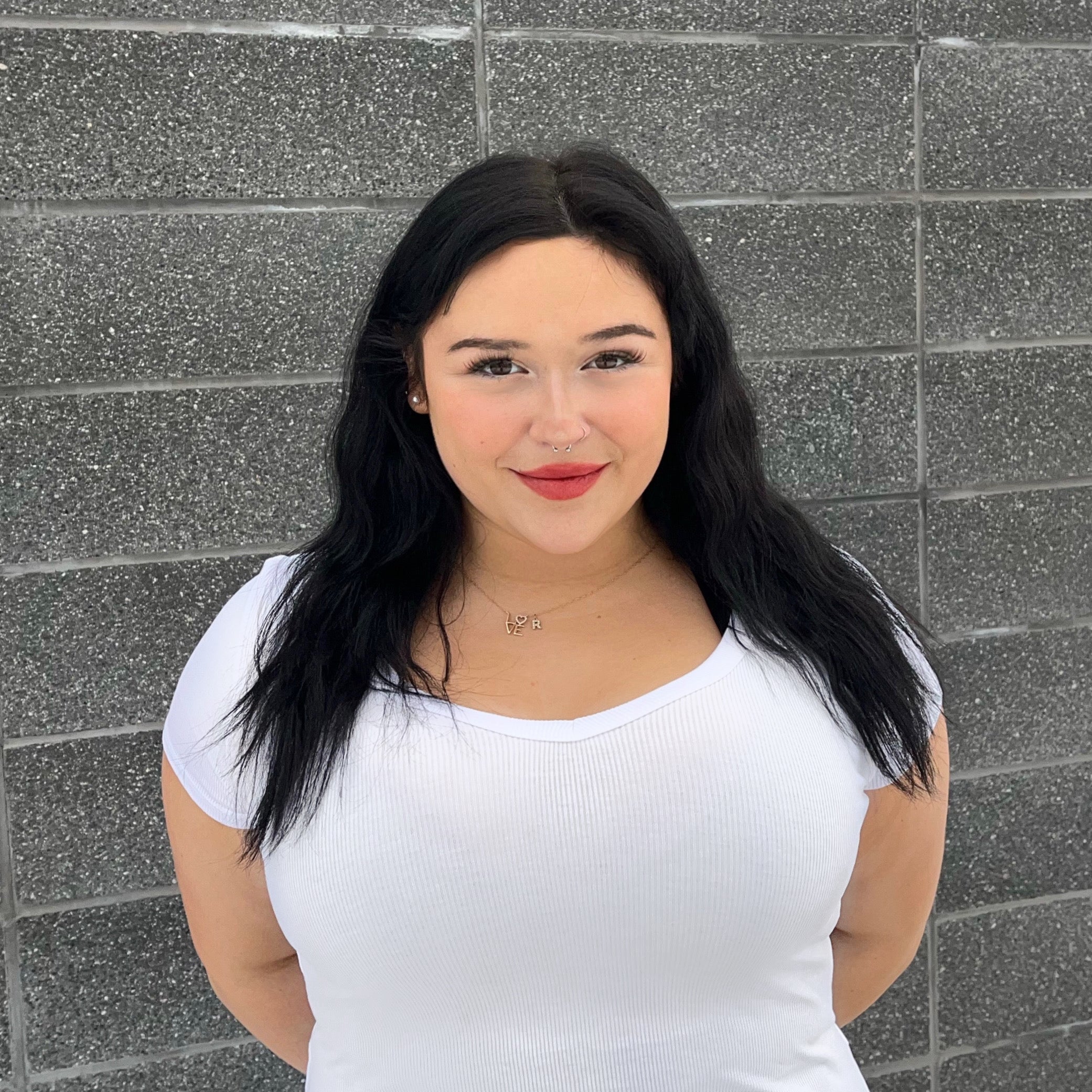Willow Carmount: On Exploring Research, Community Trauma, and Healing
“It’s not just ideas about peace, Peace and Conflict Studies (PACS) gives you the tools to know how to make it happen in your community and the world”, says Willow Carmount, a recent graduand of the Peace and Conflict Studies (PACS) program at the University of Waterloo. Her journey at the university began as a Social Development Studies student, however after taking her first PACS course, she knew immediately it was the perfect program for her. She felt empowered to challenge the way she sees things; something she was not getting from her other courses.

Willow had always wanted to complete a degree in a business-related field, but also felt it was important to pursue an education that helped her help others. Fortunately, the Arts and Business (ARBUS) program gave her the chance to learn about something she was passionate about while taking courses that would prepare her for a business-related career.
As an ARBUS and PACS student, she has a unique skill set that sets her apart from other candidates. Willow completed her co-op terms at the University in various roles, applying her learnings in her business courses and the PACS program in a real-world setting. “The great thing about PACS is that everything I am learning is applicable to real-world situations and that is invaluable,” she explains. Being able to excel in her co-op positions with skills including leadership and collaboration is actively preparing her for the workforce post-graduation.
All graduating students in the PACS program complete PACS 401: Senior Research Seminar, in their final semester. The course provides students with an opportunity to explore a research topic of their choice within the PACS field. Willow conducted her research on recreational pole dancing as a non-pharmacological intervention to trauma induced by sexual violence, specifically for women. As recreational pole studios are becoming increasingly popular in North America, primarily among young women, she expresses how vital it is to understand how these spaces fill a critical gap and contribute positively to a sense of community. She argues that recreational pole dancing provides a powerful non-pharmacological pathway for healing sexual trauma in a safe and inclusive environment. Being able to explore research in an academic setting yet low-pressure setting allowed her to learn more about research and understand that it does not have to be intimidating. “My research project was life-changing because it changed the way I view research and showed me it doesn’t need to be intimidating” she explains. This course exposed her to different research opportunities, and she is excited to be attending the Notre Dame Peace Conference this April 2025 to present the research subject explored in this course.
As she looks towards the future and what post-graduation looks like, she reflects positively on her experience in PACS and how it enhanced her university experience. She explains that “the PACS community is so small and tight-knit, and I loved spending my time at Conrad Grebel University College because you quite literally cannot walk through the building without seeing someone you know.” She encourages students to create relationships with fellow classmates and professors because that is where you can learn the most and be exposed to a variety of experiences.
A future goal for Willow is to return to the University in hopes of completing her master’s degree in Peace and Conflict Studies, with the hopes of becoming a professor in the program someday. Her professors' impact on her is unexplainable, and she hopes to make a similar impact on students in the future.
By Brooke Driscoll